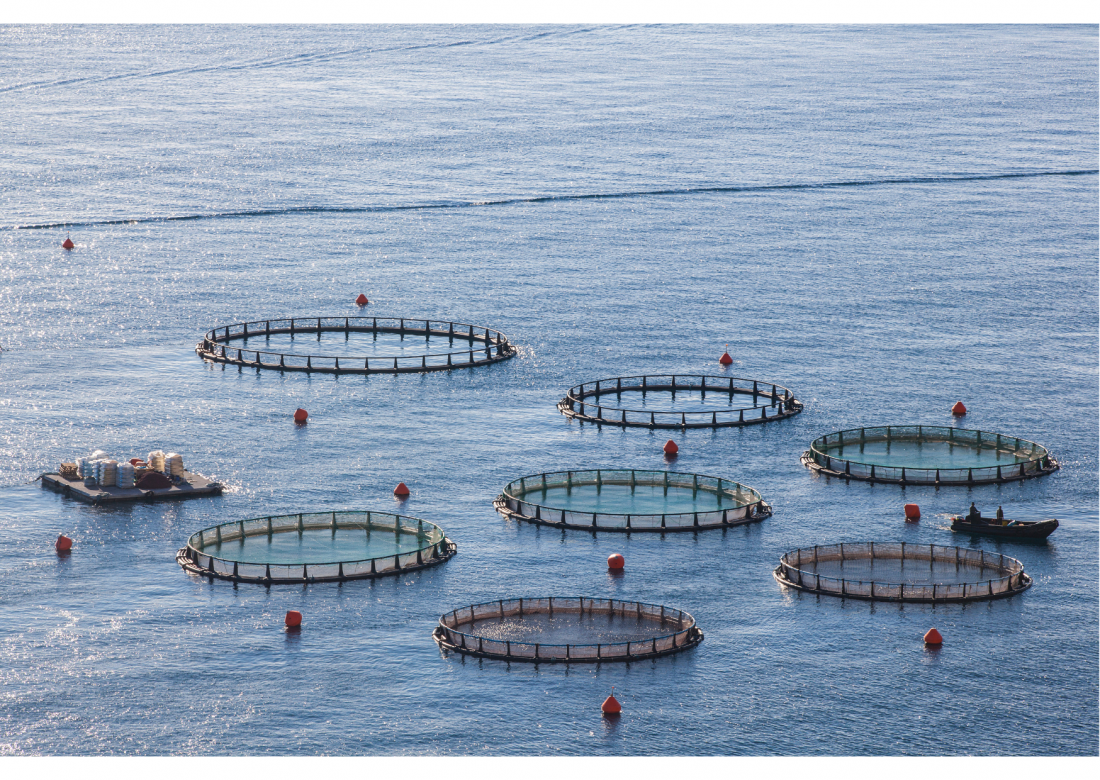ORGANIC ECOSYSTEM: Learn more about the expansion of organic aquaculture production in the EU

In accordance with the European Market Observatory for Fisheries and Aquaculture Products (EUMOFA), in the year 2020, the total production of organic aquaculture at EU 27 level has been forecasted at 74,032 tons, representing 6.4% of the total EU aquaculture production. In comparison to 2015, production has increased by 60% (46,341 tons at EU 27 level in 2015), which is mainly due to a growth in organic mussel production. The main species produced, based on the data collected for this study (EU and national sources), are mussels (41,936 tons), which account for more than half of the total organic aquaculture production, followed by salmon (12,870 tons), trout (4,590 tons), carp (3,562 tons), oyster (3,228 tons), and European sea bream (2,750 tons).
Among the top organic aquaculture producers in the EU are Ireland (salmon and mussels), Italy (mussels and finfish), France (oyster, mussels, and trout), the Netherlands (mussels), Spain (mussels and sturgeon), Germany, Denmark, and Bulgaria (mussels).
Some major developments during the past few years are:
- An increase in the production of organic mussels significantly
- An increase in organic oyster production (mainly produced in France)
- A decline or stagnation for most species of finfish (slight decrease for organic salmon, stability for organic trout and decrease for organic carp) except for organic sea bass and sea bream, following an increasing trend.
However, the differences in production methods for molluscs and fish, with more restrictions for the latter (technical and regulatory), as well as the limited demand for organic finfish, can be explained by these tendencies. According to feedbacks from stakeholders, there are also difficulties for operators in establishing a clear communication strategy with their customers to deal with the competition between the organic system and other certification systems.EUMOFA produced a report which proposes prospects for growth of organic aquaculture in the EU. These outlooks are differentiated for shellfish, with an "optimistic" outlook, in case the current difficulties are addressed, and a "pessimistic" outlook, in case the current difficulties are not addressed. The English report is available at eumofa.eu (under the “Studies by supply chain stage” section).
Connect with us on our social media accounts!
LinkedIn - Facebook - LinkedIn Professional Group









